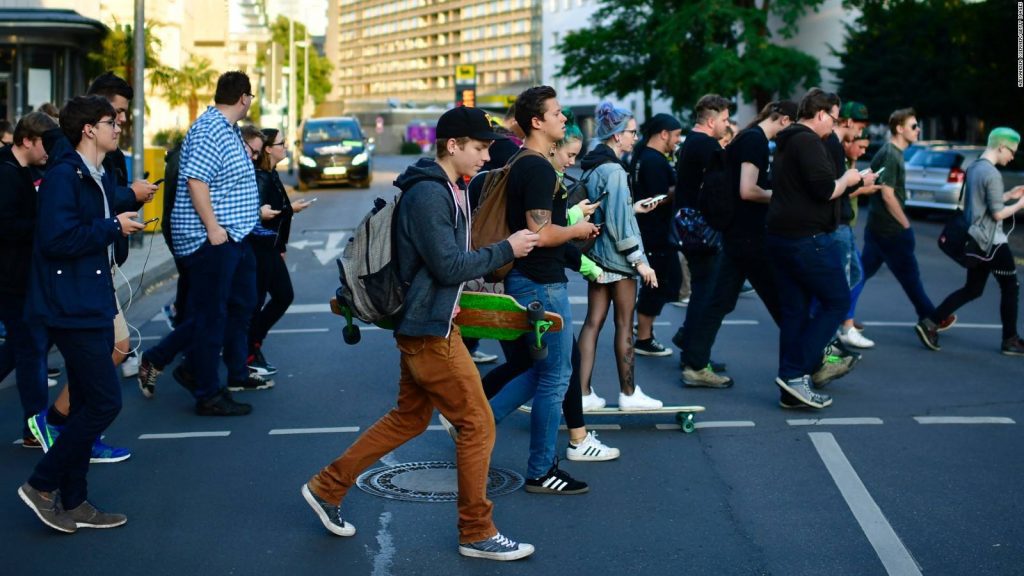By Sarah Do Couto and Julianna Perkins
At nearly every intersection in Toronto, there are pedestrians with their eyes glued to their phones; distracted pedestrians put themselves and others at risk.
Being absorbed in a phone can cause pedestrians to miss important traffic cues and increase the possibility of injury. This is why cities like Honolulu are cracking down on distracted walking with so-called “zombie laws.”
A zombie law is an outdated law that cannot be enforced.
According to Time, pedestrians who text while crossing the street in Honolulu will now be fined up to $35 — the fee increases for repeat offenders.
Mayor John Tory says zombie laws are not currently on his radar.
While some big cities have expressed interest in copying the laws, others consider it a redundant use of resources.
In an interview with CBC, Tory said, “We shouldn’t need a law for common sense.”
“The idea that we’re going to have more people writing out tickets and handing them to people who are crossing the street without [care] doesn’t strike me, necessarily, as the best use of resources,” he continued.
According to a report from the Governors Highway Safety Association, pedestrian deaths rose 11% in 2016. The GHSA estimates there were nearly 6,000 pedestrian deaths that year.
Liberal Toronto MPP Yvan Baker proposed a “zombie law”-style bill on Oct. 30, called the Phones Down, Heads Up Act. Despite Tory’s hesitation, Baker believes the act will increase road safety.
The fines for the bill range anywhere from $50 for a first offence, to $125 for a third.
Jean Bustamante, a second-year early childhood education student, said she doesn’t know if there are many accidents caused by phone distractions, but she imagines that the numbers will go down if a legislation is passed against it.
A 2016 poll conducted by Insights West suggests the majority of Canadians are in support of regulations to ban distracted walking.
It found 35 per cent of people over the age of 18 strongly support legislation, and two-thirds of everyone surveyed were in support of a ban.
Parachute, a non-profit organization, conducted a survey which found 51 per cent of Canadian teenagers say they have been hit or nearly hit by a car while walking.
20 per cent of teens surveyed said this was due to being distracted by their phone, music or another form of communication.
“I used to switch songs in between intersections,” said Bustamante, “But now that I look back at it, the other day I almost bumped into a wall because I was looking at Snapchat.”
Video by: Nathan Halnan and Lyba Mansoor
Header photo courtesy of: Ralph Ellis/CNN


Leave a Reply